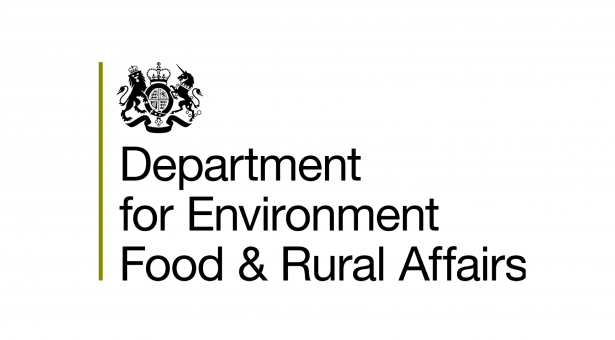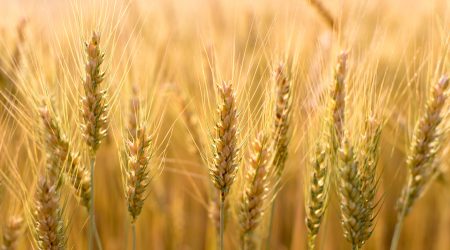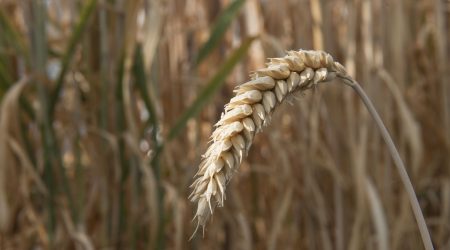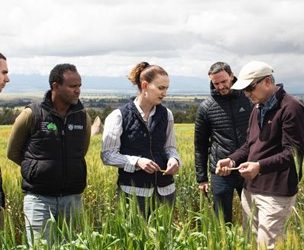Application for Field Trial of Genetically Modified Organisms: High Iron Wheat and CRISPR Brassica

Researchers at the John Innes Centre have applied to the Department for Environment, Food and Rural Affairs (Defra) for consent to conduct field trials of genetically modified (GM) wheat and gene-edited Brassica (CRISPR).
The two small-scale field trials are planned to take place at the John Innes Centre on the Norwich Research Park, within our existing, confined, GM trial facilities, between April and September in each year from 2019 to 2022.
The wheat trial follows research at the John Innes Centre that identified a gene, TaVIT2 which encodes for an iron transporter in wheat.
The scientists used this knowledge to develop a wheat line in which more iron is directed into the endosperm, the part of the grain from which white flour is milled.
Iron deficiency or anaemia is a global health issue, but the iron content of staple crops such as wheat has been difficult to improve using conventional breeding, and as a result many wheat products for human consumption are artificially fortified with iron.
Increasing the nutritional quality of crops, known as biofortification, is a sustainable approach to alleviate micronutrient deficiencies. The applicant for the wheat field trial is Professor Cristobal Uauy, a project leader the John Innes Centre. Find out more about this trial by reading our high-iron wheat trial FAQ’s.
In the same application to Defra, John Innes Centre project leader, Professor Lars Ostergaard has requested consent to trial Brassica oleracea plants, modified using CRISPR-Cas9 gene-editing technology. This technology allows researchers to prevent an existing gene from functioning, to confirm the function of a given gene.
This field trial is designed to determine the role of the gene, MYB28 which regulates sulphur metabolism, in field-grown Brassica oleracea; a species that includes many common foods such as cabbage, broccoli, cauliflower, kale and Brussels sprouts.
The production of sulphur-containing compounds in Brassica vegetables is of economic and nutritional significance due to their health-promoting potential.
The applications are made under section 111 of the Environmental Protection Act 1990 and will be considered by the Secretary of State along with any representations relating to any risk of environmental impact.
The Secretary of State will place information on this proposed GMO release on a public register within 12 days of receipt of the application. The reference number for these applications are 19/R52/01 and 19/R52/02.
The public register can be inspected by contacting the Defra GM team at: GM Team, DEFRA Area 3B Nobel House, 17 Smith Square, London SW1P 3JR gm-regulation@defra.gsi.gov.uk



